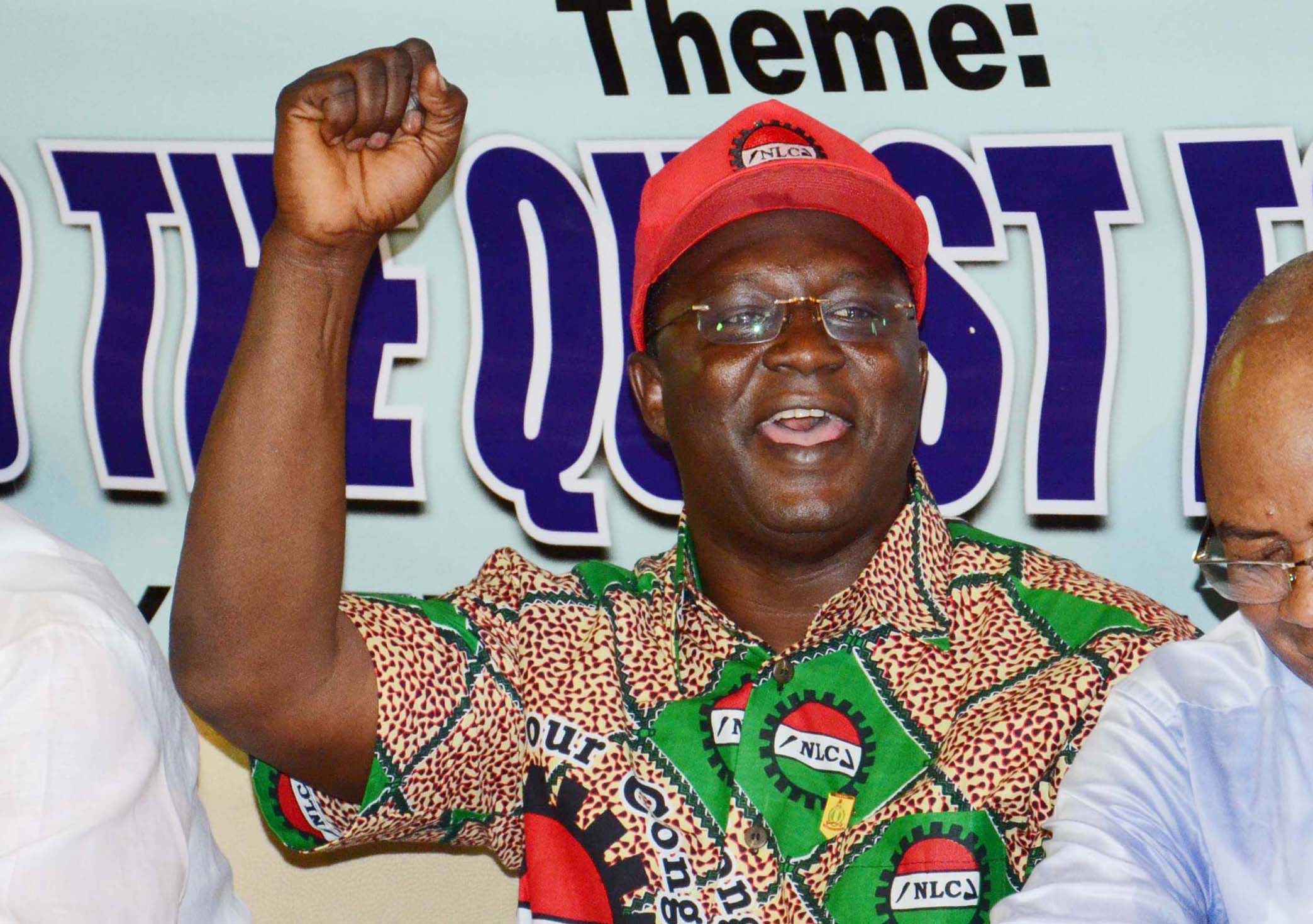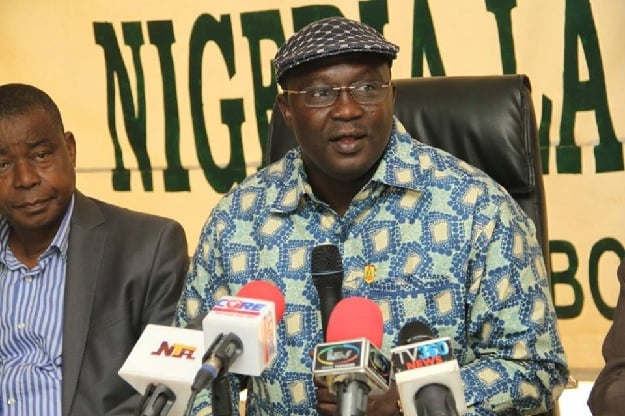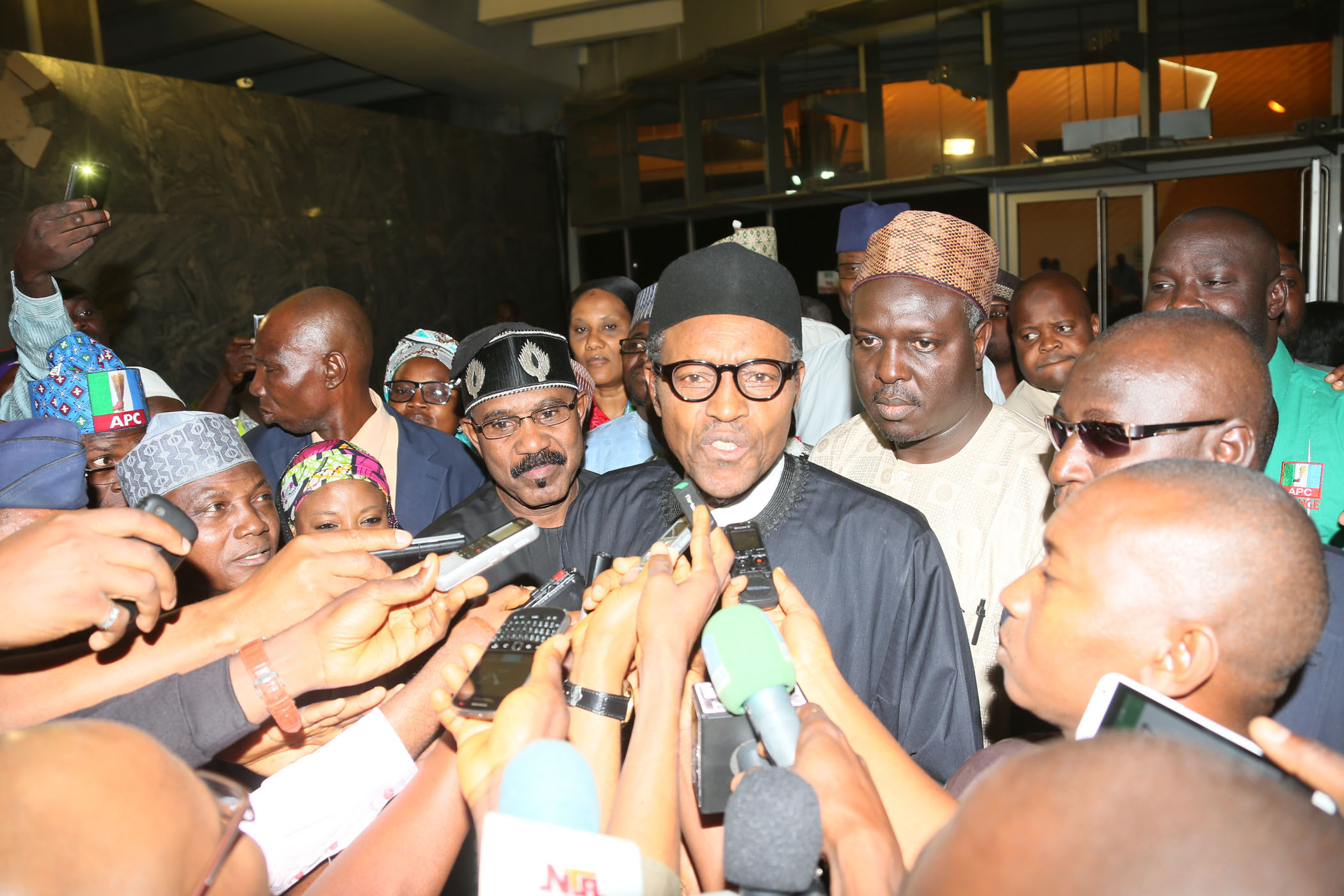This was not how it was meant to be. When the President of the Nigeria Labour Congress, Ayuba Wabba, issued a three-day strike notice on Thursday over the increase in petrol price, it seemed this was going to be the war to end all subsidies.
And as if to confirm that the Armageddon of subsidy was finally at hand, Wabba issued a follow-up statement the day after the notice, advising members of the public to stock up: it was either the government would return to the original price of N86.50 or nothing.
Labour had a point. With inflation already in double-digits, 23 states unable to pay salaries for months and misery staring most honest people in the face, the 80 per cent increase in the price of petrol was bound to compound the suffering.
It seemed to hurt all the more because it was like a stab in the back. President Muhammadu Buhari had dismissed any idea of subsidy as a fraud and said so many times during his election campaign. Even after he came to office in May, he maintained this position.
Advertisement
Neither falling oil prices, which reduced national revenue by over 50 per cent nor the depleted foreign reserves, which has crashed to about $27billion from $34.4billion in January 2015, seemed enough to convince Buhari.
For him, the price of petrol was an article of faith, it was therefore not a surprise that the public responded to the price increase with shock and disbelief. It was obviously this sense of disappointment that labour was hoping to exploit when it announced a strike.
But it has turned out to be a calamitous misadventure. There were protests across a few states all right, but Wabba must now be asking himself if a poorly attended placard party was what he had in mind when he called the strike. The strike was doomed almost from the start and Wabba should trade his “Communist Manifesto” for a page of Ben Bruce’s “Common Sense”, if he didn’t see this disaster coming.
Advertisement
First, two key members of the labour fold – the junior and senior staff workers union in the oil industry – opted out before Wabba went public. I understand perfectly that this is certainly not about oil workers unions, NUPENG or PENGASSAN. But if two key unions in his fold – those that are supposed to assist in framing the argument and leading the charge – say upfront that they find no merit in a strike, Wabba should have re-examined his options.
Second, this was one strike that was invoked before Wabba and co had time to think through the issues and mobilise public opinion. Raising pump price by 80 per cent from N86.50 to N145 is clearly a big deal. If you’re not feeling it already, then Ibrahim Magu should be knocking on your door.
But N145 is just a number. One would have expected Wabba and co to take the government up on the components of the new price, item by item. A highly influential former labour leader shared a story of how during negotiations with a previous government over increases in the pump price of petrol, government officials admitted that demurrage made up over 20 per cent of the new cost! The union leaders insisted – and rightly – that it was wrong for government to pass on the cost of its own inefficiency to consumers.
How can this government say, for example, that it is “deregulating” prices and still fix a maximum pump price? How can it fix official exchange rate at 199/$ and then use the interbank rate to determine the new pump price? At what rate was the NNPC getting forex to import petrol and at what rate will it be getting it now?
Advertisement
In the new dispensation, what will happen to the 450,000bpd allocated daily to NNPC for local refining? Will the corporation still be getting that and getting preferential forex allocation to import petrol? What, in any case, is the actual cost of importing one litre of petrol today and why does NNPC insist on importing from Europe when it could do so from Morocco, for instance, at a lower cost.
If Wabba and co have any answers to these questions at all, they may have written them in small prints on the placards they waved on a few empty streets on Wednesday. But they need to say the answers loud and clear; we need to be convinced that this strike is more than an ego trip.
Third, I cannot for the life of me, understand why labour presented a divided front, almost from the get go, and still expected a different result at the end. Labour’s poor housekeeping was compounded by its shamefully divided house. Strikes hardly produce 100 per cent compliance, but there’s a minimum viable threshold that should separate strikes from angry comics. A divided labour house doesn’t even get close. Whatever Wabba had against Joe Ajaero, I thought they would bury the hatchet in Buhari’s backyard.
That didn’t happen. Instead, Wabba poured more petrol on an already inflamed relationship making 145/litre look cheap in comparison. He insisted publicly that he would not be in the same room with Ajaero leaving public opinion confused and further divided. Regrettably, Wabba is worse for it: he has depleted his goodwill and handed over to Ajaero recognition and authority on a platter.
Advertisement
Fourth, where was labour when the draft bill of the 2016 appropriation bill was sent to the National Assembly? This was the same question I asked Shehu Sani and Dino Melaye, who tried to mask their inattention with populist shenanigans. If Wabba were not on a trip to Afghanistan when the executive handed over the bill to the Assembly he would have seen that “subsidy” was not in the draft and started mobilising public opinion in good time.
Finally, labour has to dig itself out of this hole. It must have the humility to admit that it hasn’t done enough homework and the good sense to go back to the basics: it must find a clear message and rally public opinion around a viable option, grounded in facts and figures. Wabba and co must avoid the disaster ahead and retreat to fight another day.
Advertisement
Ishiekwene is the managing director/editor-in-chief of The Interview magazine and member of the board of the Paris-based Global Editors Network
Advertisement
Views expressed by contributors are strictly personal and not of TheCable.






